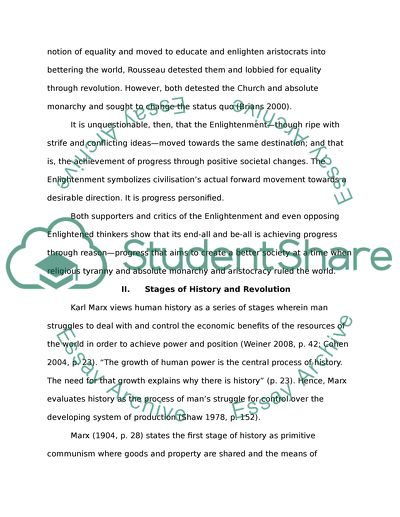Cite this document
(“Social Thought and Social Change Essay Example | Topics and Well Written Essays - 1500 words”, n.d.)
Retrieved from https://studentshare.org/environmental-studies/1419213-social-thought-and-social-change
Retrieved from https://studentshare.org/environmental-studies/1419213-social-thought-and-social-change
(Social Thought and Social Change Essay Example | Topics and Well Written Essays - 1500 Words)
https://studentshare.org/environmental-studies/1419213-social-thought-and-social-change.
https://studentshare.org/environmental-studies/1419213-social-thought-and-social-change.
“Social Thought and Social Change Essay Example | Topics and Well Written Essays - 1500 Words”, n.d. https://studentshare.org/environmental-studies/1419213-social-thought-and-social-change.


